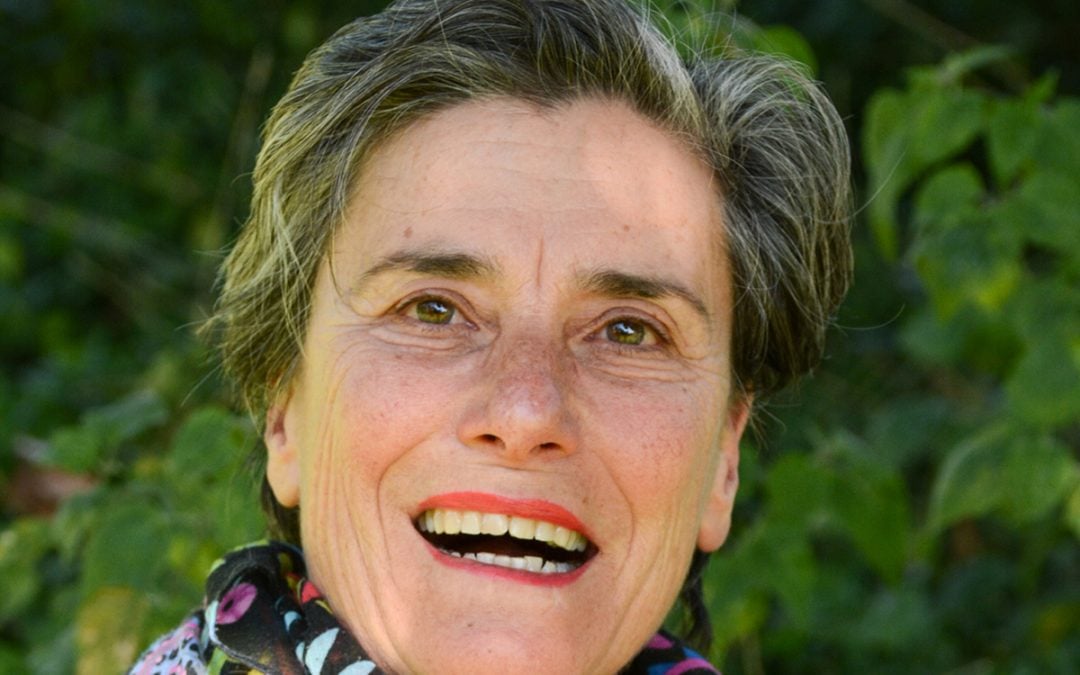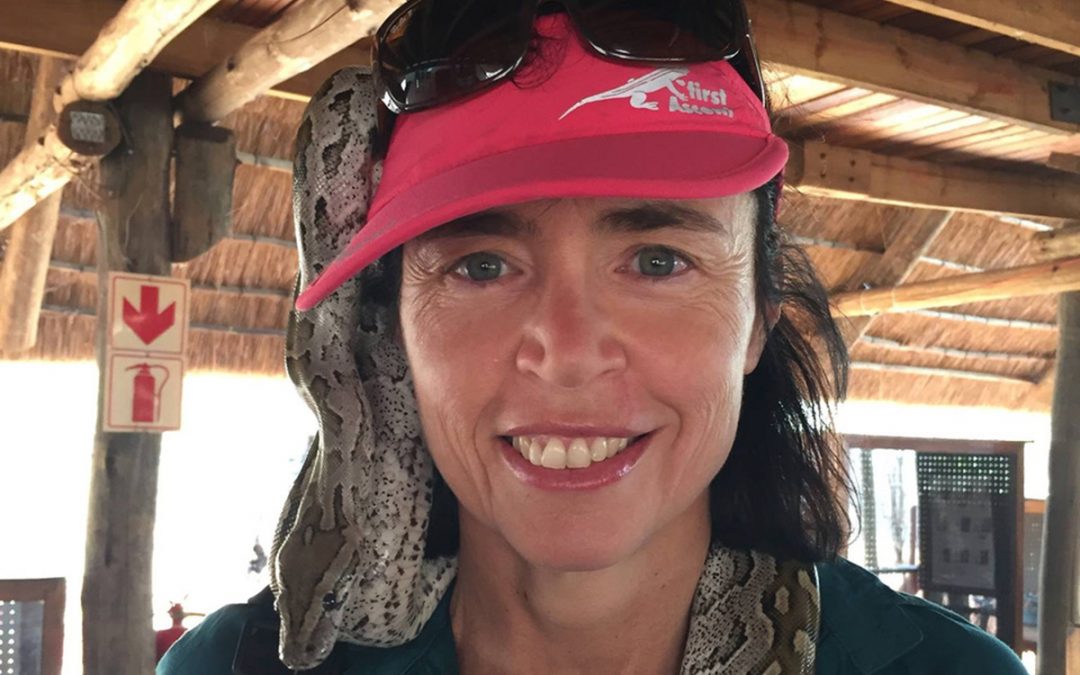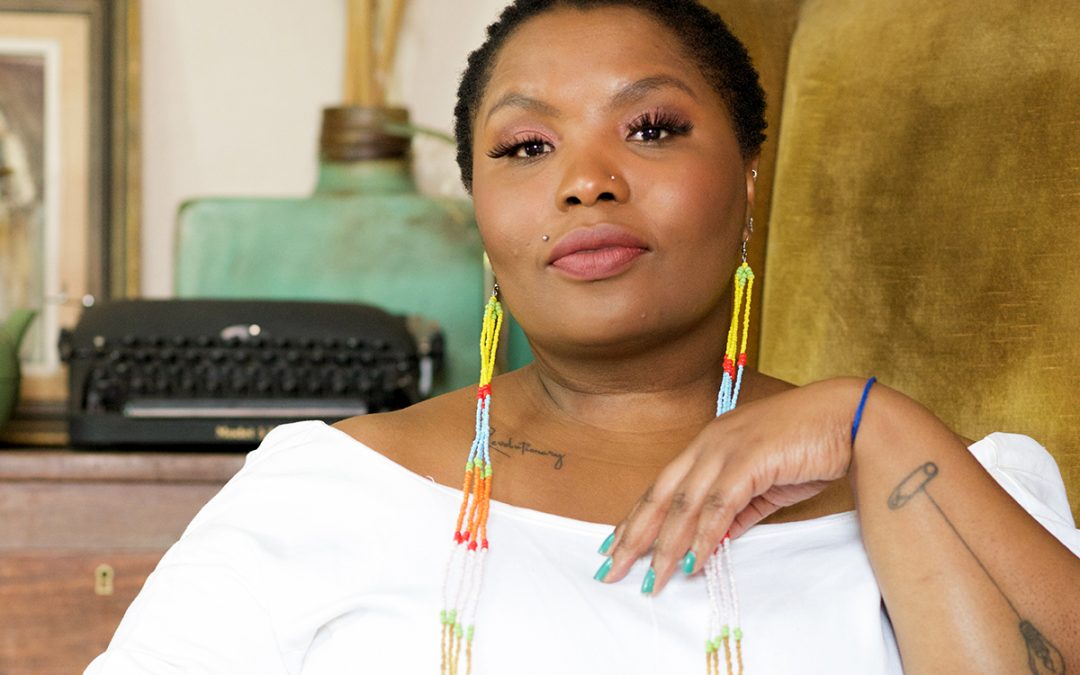Refiloe Molefe says that although she grew up without parents, there was always someone in the community to take care of her. As an adult, she saw children in similar conditions — whose guardians could not afford to send them to daycare — and she thought: “These children are just like me, I can do something so they can get to play with other children like the ones with parents. I gathered them in my daughter’s garage so I could take care of them while their parents go out and find jobs.”
Affectionately known as Mama Fifi, Molefe describes herself as a people’s person, saying: “I love people. I don’t see any challenges when it comes to giving. It’s about sharing the little that you have with the next person. It’s so difficult for me to eat and see my neighbour going to bed without food. I think of myself — if someone had turned a blind eye to me, I wouldn’t be the woman I am. Because people did show me that they care, I can care for the next person.” She says she loves what she does and is passionate about helping people.
A month into the establishment of her creche, she realised that what the children really needed was food. So she went to Blue Ribbon to ask for donations. She was given more than 450 loaves of fresh bread, which she then distributed to the rest of the community in Jeppe and Belgravia. “But it came to my mind that bread alone is not enough. So I went to the department of social development thinking they’d have handouts to add. But they said that they don’t have anything.” Molefe, refusing to take no for an answer, asked instead for access to land that was previously used as a bowling green so she could farm it and feed the children nutritious food.
The farm grew and required more care, and Molefe eventually closed down the creche. She decided: “I’m not just going to feed the orphans. but I’m going to feed the community as a whole.” That is how she started her soup kitchen and the community farm — to feed the underprivileged and homeless. This was especially needed during the pandemic. “When Covid struck, a lot of people lost their jobs. We had so many long queues at the farm.” This inspired her to open more soup kitchens to ensure social distancing regulations were adhered to.
She continues to encourage creches in her neighbourhood to bring the children to come and learn how to plant from an early age. Molefe believes this will help children develop a greater appreciation for food and be empowered to grow their own food. It is not just young children who Molefe works with, but also students from the University of Johannesburg and Tshwane University of Technology.
“My dream is to have an agriculture academy and a bakery, because we have equipment. A lot of youth are unemployed and I want to train the youth and help them be self-employed and motivated,” Molefe says. She goes on to explain that her agriculture academy will not be limited to only young people, but will also include old people — because she wants to keep them moving and motivated.
She hopes to help alleviate poverty by creating jobs and inspiring people to start small and give people hope and purpose.
Molefe lives by the philosophy that we are the change we want to see in the world and that everyone has a responsibility to do their part. “If you want to see something good, start by doing it yourself so that you inspire the next person. That’s how we change the world.”
If you want to see something good, start by doing it yourself so that you inspire the next person. That’s how we change the world.























